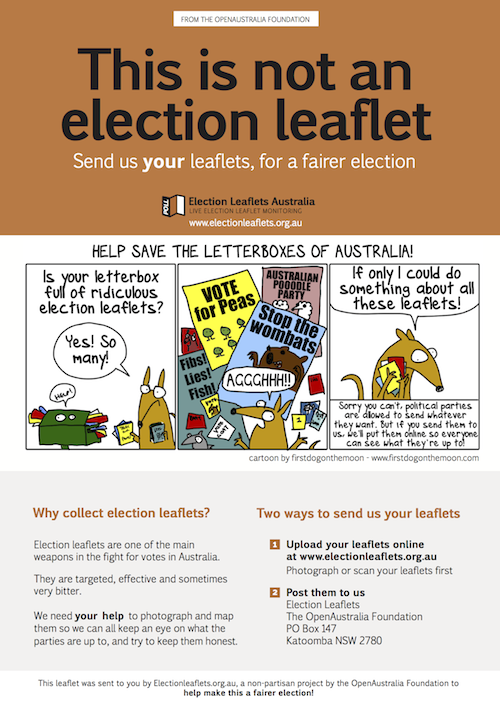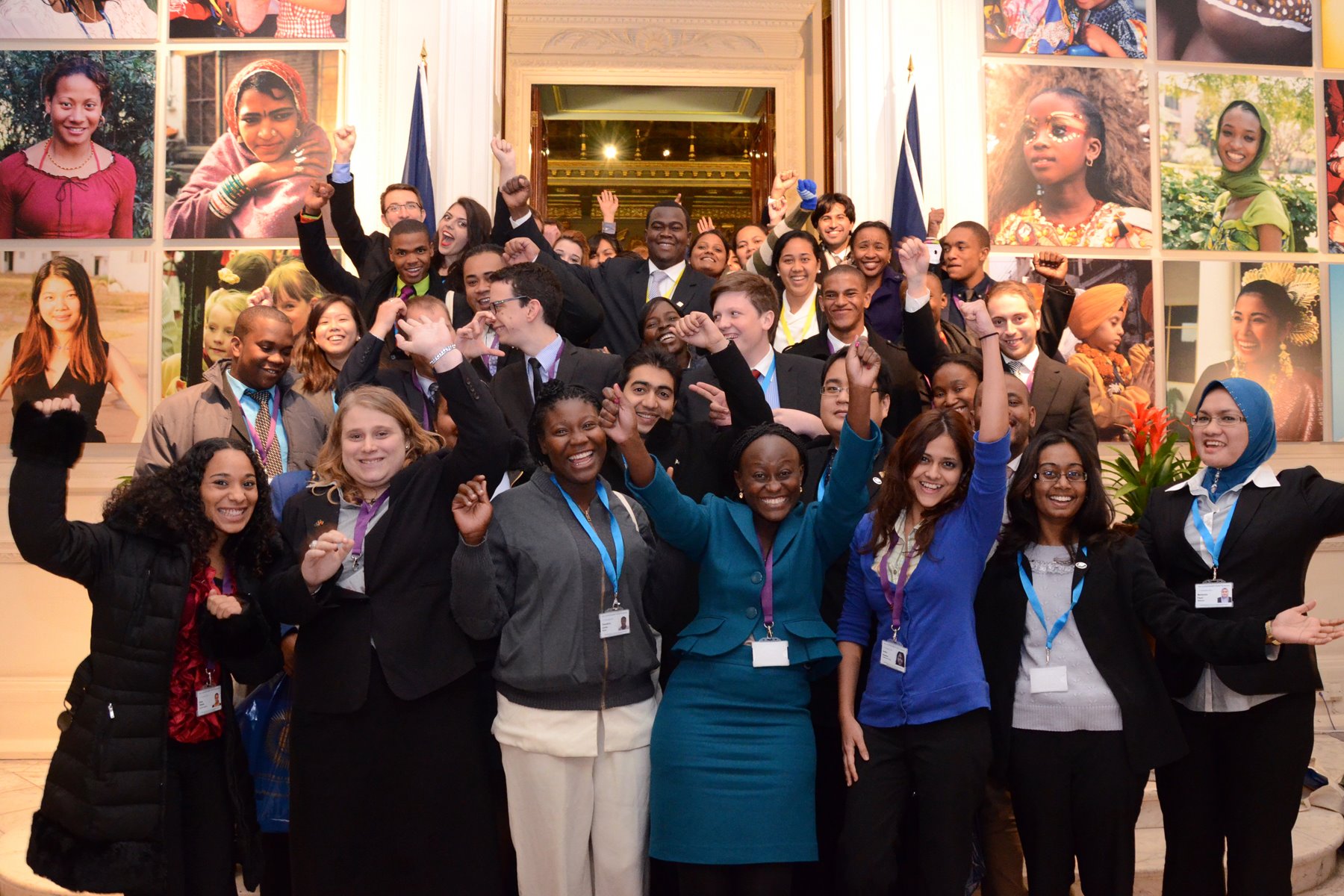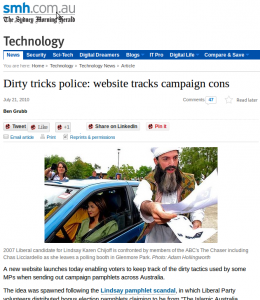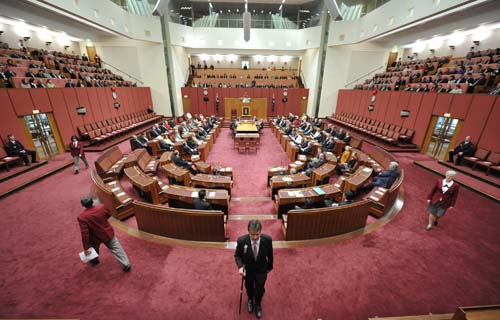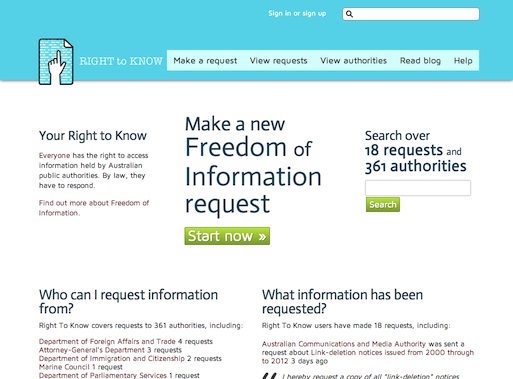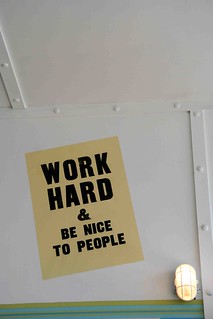 Right To Know was launched at the end of last year and through the quietest part of the year when people are enjoying the fine weather and some well-earned free time people have already put in over fifty freedom of information requests. That’s pretty amazing.
Right To Know was launched at the end of last year and through the quietest part of the year when people are enjoying the fine weather and some well-earned free time people have already put in over fifty freedom of information requests. That’s pretty amazing.
Requests have been diverse, including for information about thing like:
A number of interesting articles and posts relating to Freedom of Information that you can see for yourself in full on Right To Know:
Right To Know is all about what you want to know. That’s why if you have a burning question or you read or saw something on the news that the government might know something about you should consider putting in a Freedom of Information request. Right To Know makes that straightforward. Start here.
Want to help run the site? There’s a bunch of small but significant on-going tasks required to maintain and run the site. Things like hiding requests that contain private information, answering queries from people via email, talking to agencies who have questions about Right To Know.
It’s fun, you learn a lot and it’s really rewarding. You don’t have to be technical to do this stuff, just willing to learn.
Get in touch if you’re interested.
Right now, with Right To Know you can make requests to Federal government. We’d like to extend this as soon as possible to cover state and local governments as well.
We were hoping to get started on this at the beginning of this year but another big job has delayed us (more on this later).
You can help and make this happen soon!
For each state you can help by collecting a list of agencies with contact email addresses where they can receive freedom of information requests. Also you can help by updating the help on the site with advice that’s relevant to the state. http://www.righttoknow.org.au/help/requesting Don’t worry about how the text on the site itself gets updated start by writing the text in a word processing program or using Google docs – whatever it is that you find easiest. Then, get in touch!
Before the public release of RightToKnow we came to an agreement with mySociety, the UK charity behind the software that underpins Right To Know, that we would work together on a major upgrade to the software in an effort to make it easier for new contributors to the codebase.
This involves upgrading the software, Alaveteli, from Rails 2 to Rails 3. This is a really big job, with little noticeable difference to the user but one that is essential to keep the codebase current, relevant and maintainable.
We agreed to split the costs of this work 50/50 with the total job estimated to take 6 weeks.
We had hoped to get started on this before the end of the year. We committed to the work. However, the release of Right To Know ended up taking up more technical effort than we expected and so we pushed back the bulk of the Rails upgrade work to the beginning of this year.
With Alaveteli being an open-source project, everyone in the world who uses it will benefit from this work. It’s a great feeling to know that the fruits of your work will live on and benefit people both directly and indirectly.
If you’re a developer and you’ve never worked on an open source project I really suggest you give it a try. You won’t regret it.
Henare has made great progress leading the effort of the Rails upgrade. I’ve pitched in too.
A big thank you also to Louise, the awesome developer from mySociety that we’ve been working with.
We’re on track for finishing in the expected time and the codebase for Alaveteli, which is a surprisingly complicated beast, will be in a better state for everyone in the world to make use of.
You can watch our progress on the Rails upgrade on github
https://github.com/openaustralia/alaveteli/tree/rails-3-spike
and see some of the work that we’ve already back-ported and has been merged upstream
https://github.com/mysociety/alaveteli
